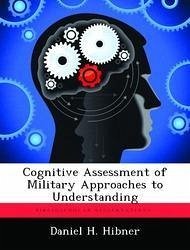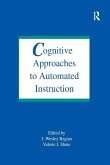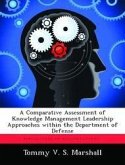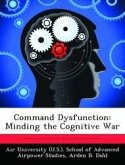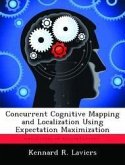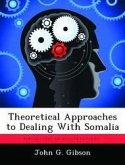The U.S. Army is engaged in operations as part of the global war on terror. This presents a difficult and complex problem that requires the best possible methods to address. Although this is not the first time the Army has faced complex problems, the scale and protracted engagement of forces throughout the world demands accurate understanding of the situation at all echelons of command. The U.S. Army must achieve understanding in order to effectively and most efficiently meet the objectives set forth in today's contemporary operating environment and in the battlespaces of the future. This monograph attempts to identify the most effective military approach to achieve understanding from among the currently available approaches in doctrine or in development. In cognition there are two forms of judgment. Given sufficient time for analysis, the cognitive method for judgment called rational analysis is the superior form of judgment. Intuitive judgment, which is fast and generally easier to draw conclusions, is best used in time constrained environments such as during execution of missions or during crisis action planning. A cognitive assessment is used to determine which military approaches to understanding best leverage these natural cognitive processes. This cognitive assessment seeks to identify the approach that cues rational analysis the most and intuitive judgment the least. The military approaches to understanding examined include FM 3-0's operational variables of PMESSI-PT, joint doctrine's concept of system of systems analysis, the developing concept of systemic operational design, and the developing doctrine found in TRADOC Pamphlet 525-5-500 for the commander's appreciation and campaign design. This monograph provides the conclusions formed by the cognitive assessment of each of the four military approaches to understanding, and uses these conclusions to make recommendations for the Army to take that can best achieve understanding today and in the future.
Hinweis: Dieser Artikel kann nur an eine deutsche Lieferadresse ausgeliefert werden.
Hinweis: Dieser Artikel kann nur an eine deutsche Lieferadresse ausgeliefert werden.

